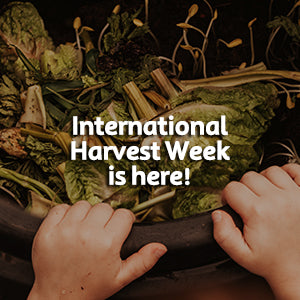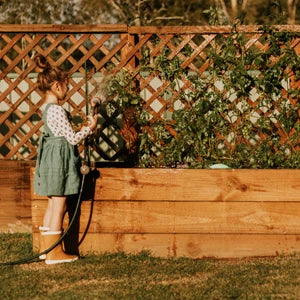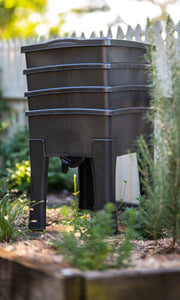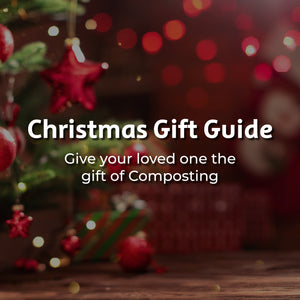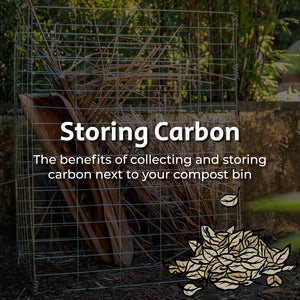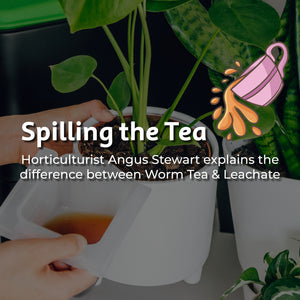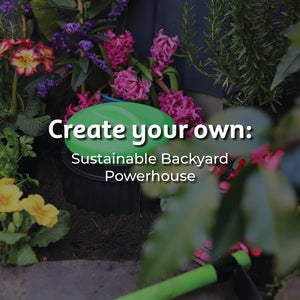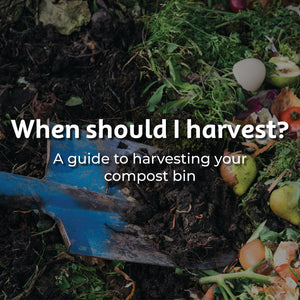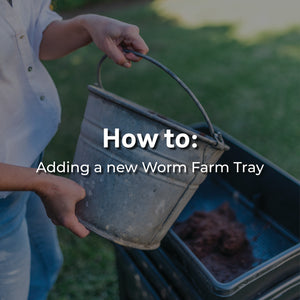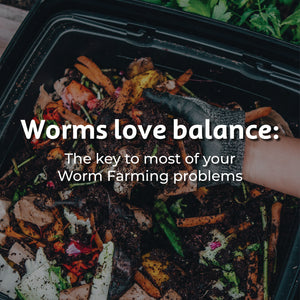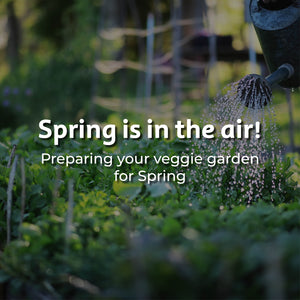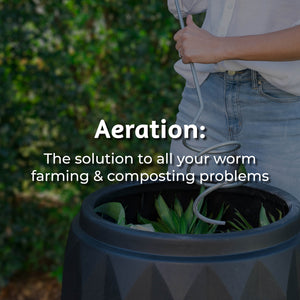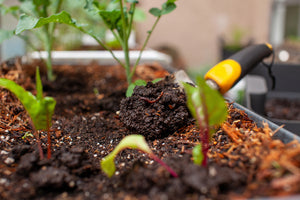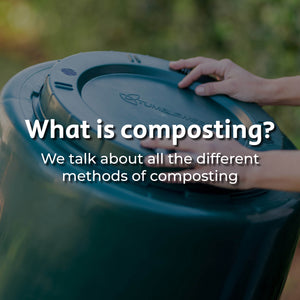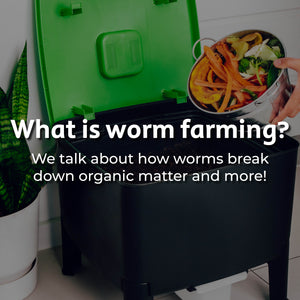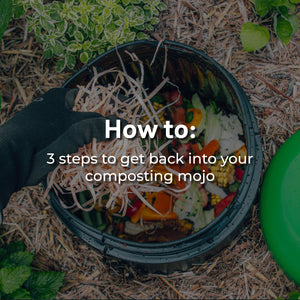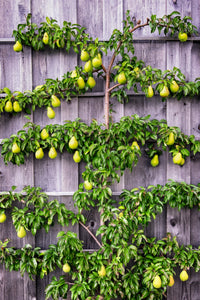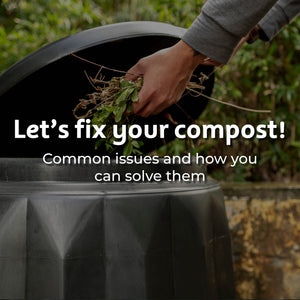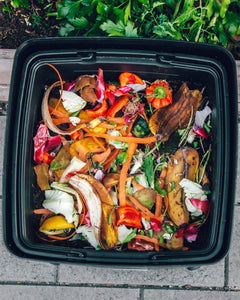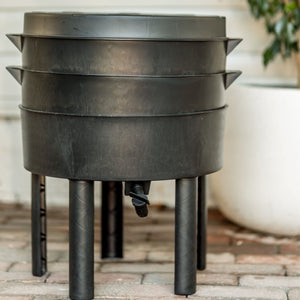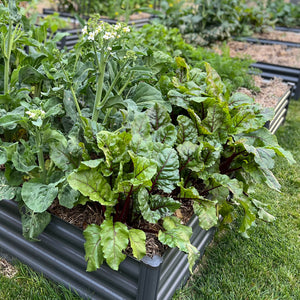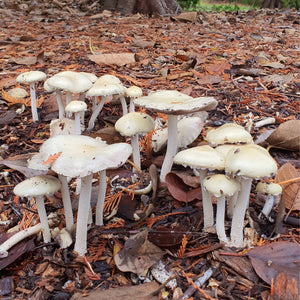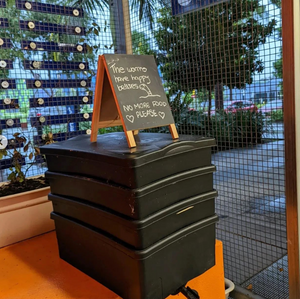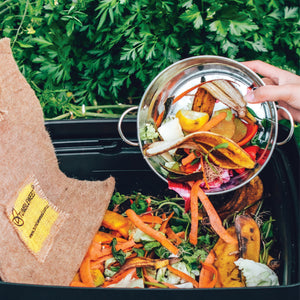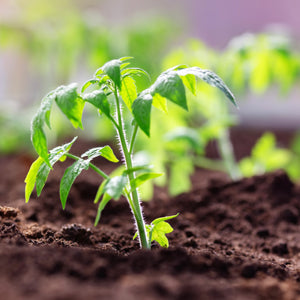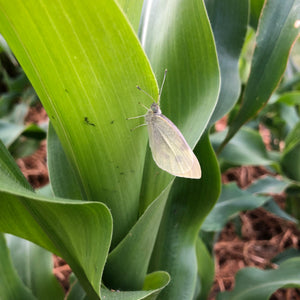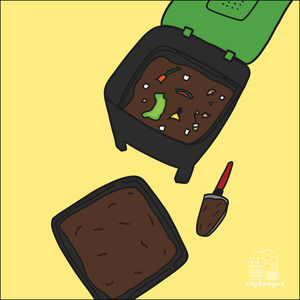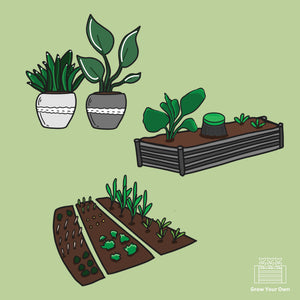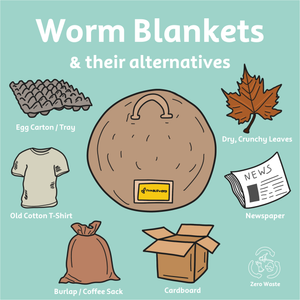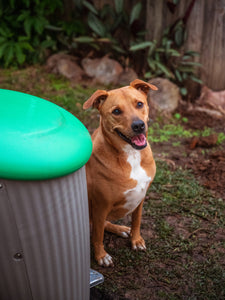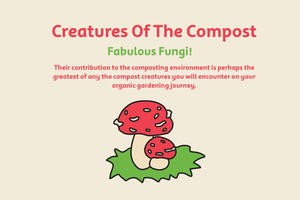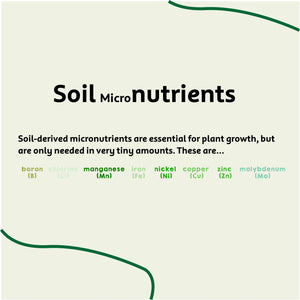Catch up our latest articles
Brought to you by our gardening experts

Beginners Guide To composting – Part 1
What is composting?
Composting is the process of decomposing materials that were once part of a living organisms. It really is possible to come up with a composting system for any size garden from a balcony to a farm. Let us look at how to get yourself up and running from scratch.

Composting FAQ’s - Your Guide to Sustainable Living with Tumbleweed
Whether you are new to composting or looking to refine your techniques, this guide has you covered. Composting is an excellent way to reduce waste, enrich your garden, and contribute to a more sustainable future. Let us dive into the most frequently asked questions about composting.
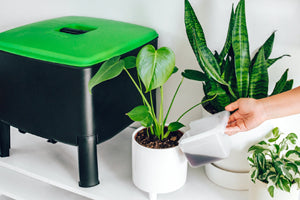
How to use your worm liquid and castings
Let’s delve into how to get the best value out of the worm castings and liquid fertilizer that your worm farm generates These byproducts of vermicomposting are rich in nutrients and beneficial microorganisms, making them a powerhouse for your plants' growth and health.
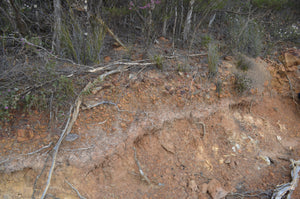
Understanding Soils - Soil Profiles
Soil is the basis of the garden, and soil health is key to growing healthy plants. This thin layer of mineral and organic material provides the medium for plant growth that goes a long way to sustaining life on earth, In this post we’ll look at the structure and layers of soil to understand how to manage and improve some of the most commonly encountered soils in Australia.
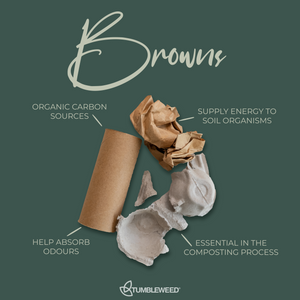
How Organic Matter Turns from a Nitrogen Source to a Carbon Source
When it comes to composting we often hear about carbon and nitrogen and the importance of getting the balance between these two elements right. Let’s look at how these two elements interact with each other during the composting process and where they end up.
Join the Tumbleweed Community
Brought to you by our gardening experts
Do you have photos, tips or stories you want to
share from your garden? Send them through for a
chance to be featured.




















